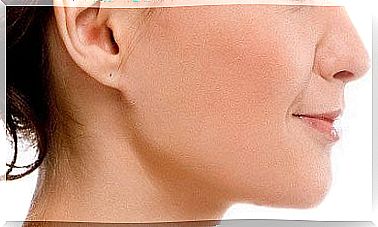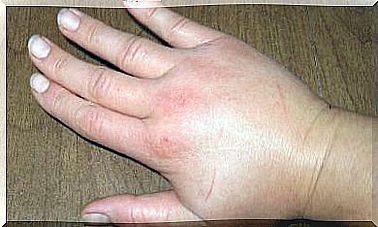Living With CKD: What Should You Remember?
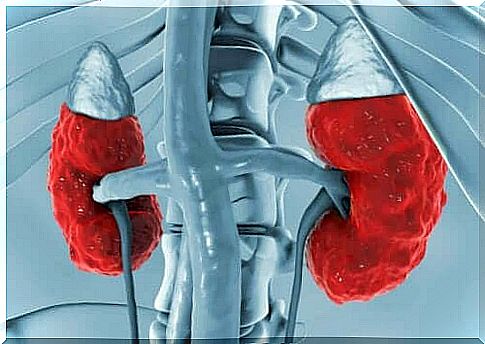
For many people, chronic kidney disease ( CKD ) is asymptomatic until it is not very advanced. To find out if you suffer from it, you should do blood and urine tests.
CKD is the gradual and irreversible deterioration of kidney function. As a consequence, the kidneys gradually lose their ability to cleanse the body of toxins and to control the amount of water in the body.
When the kidneys lose their ability to function properly, they also stop producing many hormones. These hormones help regulate blood pressure and stimulate red blood cell production and calcium absorption.
Many people do not have any symptoms of chronic kidney disease until it is at an advanced stage of development. You need to do blood and urine tests to find out if you have kidney disease.
Causes of Chronic Kidney Disease (CKD)
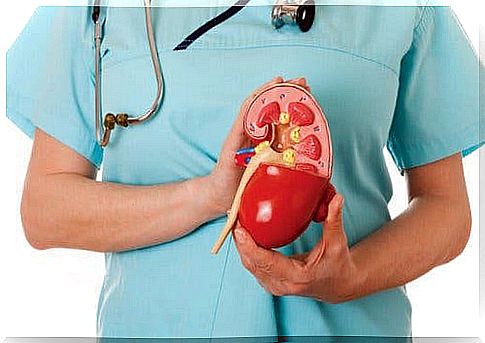
The two most common causes of CKD are diabetes and high blood pressure. However, the kidneys can also be harmful:
- Autoimmune diseases,
- Congenital kidney disorders,
- Certain toxic chemicals ,
- Kidney stones and kidney infections
- Certain medications, such as painkillers, antibiotics, and cancer treatments.
Development and treatment of chronic kidney disease (CKD)
Chronic kidney disease worsens over time. The loss of proper kidney function may be slow enough that it does not have any symptoms until the kidneys completely stop working.
The end stage of chronic kidney disease is called end stage renal disease (SNN). The development depends on the cause of the kidney damage and the patient’s habits. At this stage, the kidneys are no longer able to remove enough waste and excess fluid from the body.
Once the patient is at this stage, he or she must undergo dialysis or undergo a kidney transplant. In most cases, dialysis is given when the kidneys are still 10-15% functional. Even people waiting for a kidney transplant may need dialysis.
Treatment
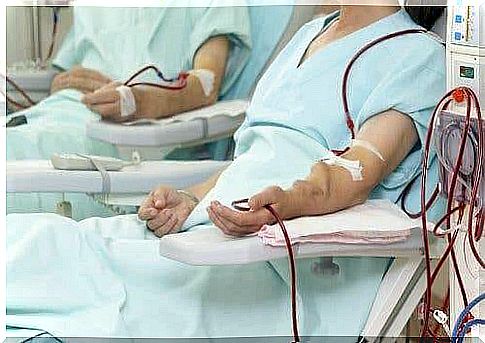
While there is no cure for chronic kidney disease, it can slow its progression. Your doctor may advise you to take medications to lower blood pressure, control blood sugar, and lower cholesterol.
Other treatments include taking drugs called phosphate binders to help protect against high levels of phosphorus. In turn, to treat anemia, the doctor may prescribe iron supplementation.
However, you should seek medical attention before taking calcium and vitamin D supplements.
In addition, adherence to dietary guidelines is very important , for example, to limit the consumption of proteins. However, you must remember to eat enough calories to prevent weight loss.
Patients with chronic kidney disease should receive vaccines against hepatitis A, hepatitis B, influenza and pneumonia.
Can I protect myself against chronic kidney disease?
As we mentioned earlier, chronic kidney disease most often appears as a result of diabetes and high blood pressure. That is why these two parameters need to be monitored to protect against CKD. A healthy lifestyle can keep them from developing or staying at a healthy level.
Remember that you can make the right health decisions to help you take care of your kidneys. The following recommendations can lower your risk of developing chronic kidney disease and its problems. Here are some recommendations:
- Adherence to a diet low in salt and fat.
- Physical exercise practiced every day for half an hour.
- Performing urine and blood tests at least once a year. Doctors order them to monitor blood glucose levels.
- Avoiding smoking.
- Limiting alcohol consumption.
- Weight management : try to maintain a proper weight.
- Follow a diet that is good for your heart. Increase your consumption of fruits, vegetables, and whole grains.

